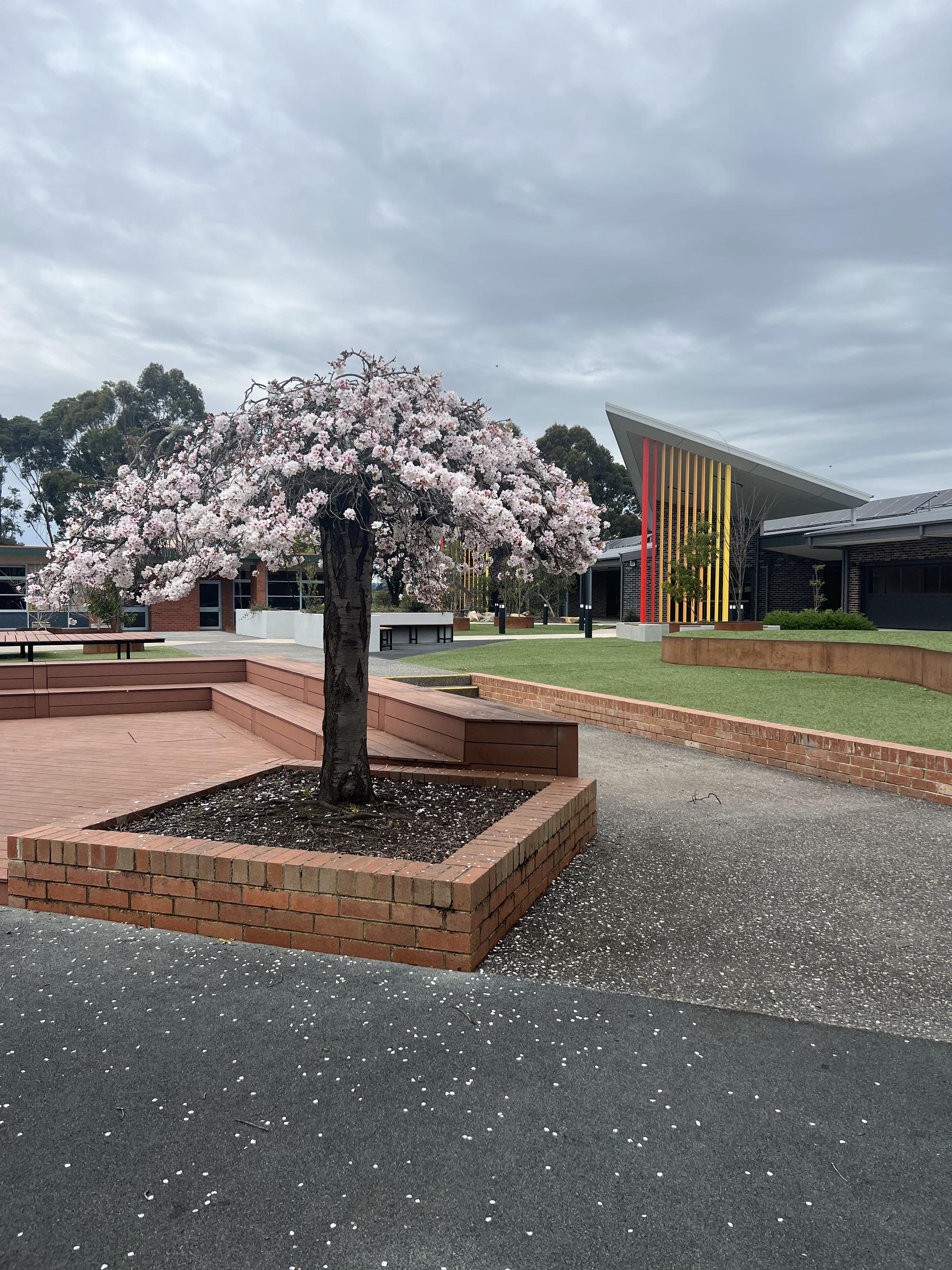Understanding Child Safe Standard 5
Equity is upheld and diverse needs respected in policy and practice
Child Safe Standard Five focuses on creating environments where all children and young people feel welcome.
Equity is a state of fairness in which all children and young people can participate freely and equally in areas of life, regardless of their background, characteristics or beliefs. This means their safety is not dependent on their socio-economic, family or personal circumstances.
As part of this standard, Mary MacKillop Catholic Regional College makes every effort to:
- Recognise and respond to students’ diverse circumstances
- Understand that some students are at higher risk of harm than others
- Provide easy access to information. Look at the College Website's Child Safety Policies
- Adjust procedures to respond to different needs
- Make sure complaints processes are child-friendly, culturally safe and easy to understand.
Benefits of respecting equity and diverse needs
Children and young people have unique abilities, skills and life experiences. Differences in backgrounds, personality and beliefs shape a child’s experiences and needs. Their individual identity and sense of self can be fundamental to their wellbeing.
Children and young people have better opportunities to fulfill their potential when diversity is valued. Negative experiences like exclusion and discrimination can be harmful. They increase the risk of harm and abuse to a child and decrease the likelihood of them telling someone and receiving an effective response.
Diversity and equity – describes what the school will do to uphold equity and respect diverse needs. The College attempts to utilise strategies that:
- makes sure school staff and volunteers understand the diverse circumstances of students, provide support, and respond to vulnerable students
- gives students, staff, volunteers, and the school community access to information, support, and complaints processes in ways that are culturally safe, accessible, and easy to understand
In particular, the College outlines its approach to equity and diversity in Section Twelve of the MMCRC Child Safety and Wellbeing Policy.
As a child-safe organisation, we celebrate the rich diversity of our students, families and community and promote respectful environments that are free from discrimination. Our focus is on wellbeing and growth for all. We recognise that every child has unique skills, strengths and experiences to draw on. We pay particular attention to individuals and groups of children and young people in our community with additional and specific needs. This includes tailoring our child safety strategies and supports to the needs of:
- Aboriginal and Torres Strait Islander children and young people
- Children from culturally and linguistically diverse backgrounds
- Children and young people with disability
- Children unable to live at home or impacted by family violence
- International students
MMCRC actions which support diversity and inclusion include:
- Communicating that discrimination and bullying are not tolerated. If incidents of bullying or discrimination occur, the incident is addressed in line with our Antibullying and Prevention Policy
- Letting students know they can safely raise concerns or report incidents that occurred at school and outside school
- Providing counselling and support to vulnerable students and their families to confirm their needs are being met;
- Engaging genuinely with students, finding out what matters to them, what they know and don’t know about safety, and what they need to be safe and feel safe all the time;
- Offering activities that promote inclusion and diversity within the College community;
- Responding to family violence in a way that is culturally responsive, safe, child centered, inclusive and non-discriminatory;
- Providing staff and volunteers with training to identify and address racism, bullying and discrimination
- Seeking out expert advice as needed to support inclusion, such as an occupational therapist, psychologist or speech pathologist
- committing to ensure our facilities enable the inclusion of students of all abilities
- Integration of Disability Standards within College
- Upholding the dignity and inclusion student groups. Schools can use the DOSCEL Child Safe Standards Action List to implement this standard.
The College Supports diversity through school planning and resources
This year our College has or will recognise significant dates that connect with your school community:
- IDAHOBIT (International Day Against Homophobia, Biphobia, Intersex and Transphobia - 17 May
- National Reconciliation Week - 27 May–3 June
- Purple Day - August 24
- World Mental Health Day - 10 October
- International Day of Persons with Disability - 3 December
